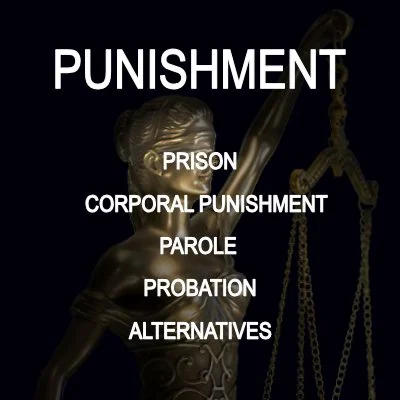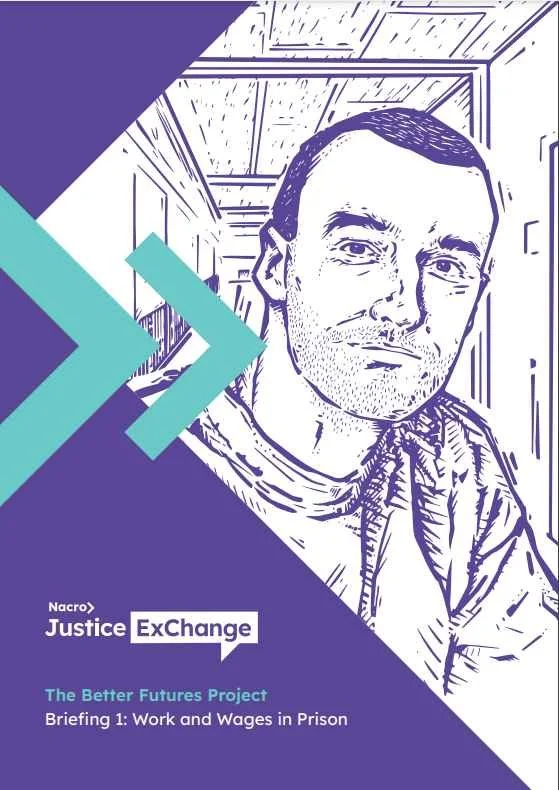By: Nacro
This is the first in a series of briefings that will examine the practical steps that can be taken to support people in contact with the criminal justice system to create better futures. The series will include practical and cost-effective steps to help prisons better prepare people for release, and provide them with the skills, training, knowledge and support they’ll need to thrive and create better lives on the outside. This briefing looks at work and wages in prison and the impact those can have on people’s ability to turn their lives around on release. It’s particularly important right now because of the cost of living crisis. We know that, for many, prison wages are all they have to get by on in prison. Wages are used to buy phone credit to keep in touch with friends and family, to buy the basic things they need, and to save for release. We want to propose a better, fairer, system that ensures that everyone can work to support themselves both during their time in prison, and on release. We believe it is a false economy to create what is for many an environment of poverty in prison, as it can lead to bullying and violence, and ultimately means that Government has to spend more on the basics for people in prison and on release as they are unable to provide them for themselves. Our solutions are set out in full below, but we believe that the main things to focus on are: Developing skills and earning qualifications: Making sure that work and education opportunities are available to everyone in prison, focusing on ensuring that people can develop the skills and qualifications that they will need on release. Jobs should be linked to qualifications and skills and based on a comprehensive understanding of the local job market so that training is preparing people for work in industries where there are employment shortages. Improved use of ROTL: It needs to become the norm that all people in prison who are eligible have genuine opportunities to be released during the day to enable them to work in the community and earn a real wage. A real working day: People should be provided with a working pattern that, as far as is possible, mimics the working day on the outside, and prison regimes and staffing profiles should prioritise this. This provides people, who are able to, in prison with the experience of working full time. It would also make setting up workshops etc in prison a more attractive proposition for outside employers who would then see that their investment would be returned in the productivity of their workforce, rather than trying to make contracts work where there is limited productive time in the working day. Fair pay so people can pay for the things they need: Establish a national pay scale for people in prison, reviewing current wages to ensure that people in prison have sufficient funds to buy the things that they need, keep in touch with friends and family and save for release Fair prices so people can pay for the things they need: In addition to establishing a national pay scale for people in prison, we must also ensure that the items that they can buy, and the phone calls that they make, are priced fairly and in line with prices in the community. Saving for release: With a national payscale and increased wages, a portion of prison wages should be saved in a ringfenced Resettlement Fund. Needs-based and administered independently, this fund would be available to people in the run up to release and post-release to support with their transition to the community. It should be flexible to be able to support with things such as a rent deposit or to fund the completion of a qualification started in prison. This fund should be considered when reviewing prison wages to ensure people are able to buy the things they need and contribute to the Fund. Priority for the best jobs in preparation for release: Introduce a system so that towards the end of an individual’s prison term they have priority for the higher paid roles with automatic saving of a portion of that wage in the resettlement fund referred to above. People should have a fair chance of getting the better paid jobs by ensuring they have every opportunity to gain enhanced status. This would help to prepare people for work once released as the higher paid jobs in prison are often the ones with more responsibility and accountability
London: Nacro, 2023. 16p.



